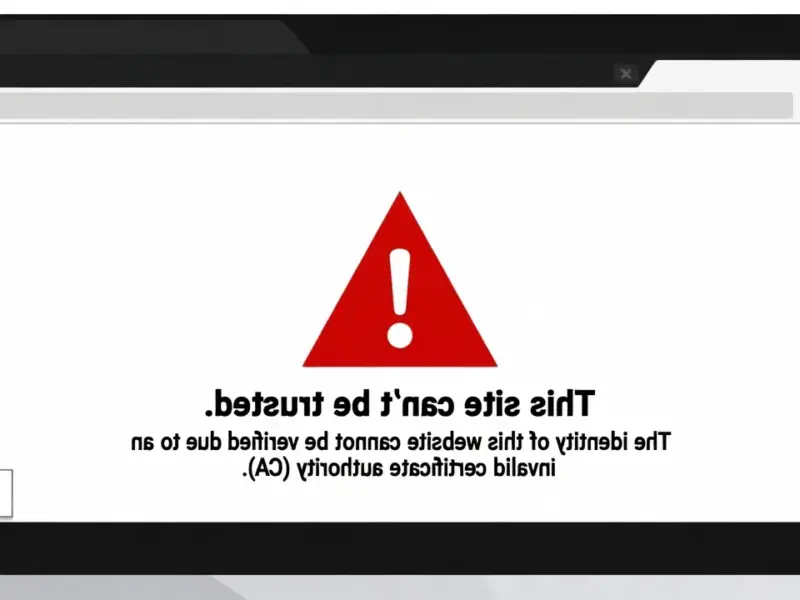According to Forbes, hundreds of millions of smartphone users now face porn bans and restrictions across the U.S. and Europe, with some areas blocking adult websites completely while others mandate age verification checks. This has triggered a massive surge in VPN usage, with installs skyrocketing by thousands of percentage points in a very short period. Google’s November 2025 security advisory specifically warns about threat actors distributing malicious applications disguised as legitimate VPN services that deliver dangerous malware payloads including info-stealers, remote access trojans, and banking trojans. The company emphasizes that these fake VPNs can exfiltrate sensitive data like browsing history, private messages, financial credentials, and cryptocurrency wallet information. Wisconsin is testing legislation that would make it illegal to use VPNs to access adult content, while the U.K. is considering its own VPN ban following its age verification mandates that reportedly decimated porn use.
The VPN security crisis nobody saw coming
Here’s the thing about trying to block content on the internet—it never really works. People just route around the damage. And that’s exactly what’s happening now. When states and countries block porn sites, users download VPNs. Simple, right? But there’s a huge problem.
We’re talking about millions of people who’ve never used VPNs before suddenly needing them. They’re downloading anything that says “VPN” in the name without understanding the risks. A bad VPN is much worse than no VPN at all. These fake services aren’t just useless—they’re actively malicious, serving as vehicles for info-stealers and remote access trojans.
The technical reality check
So what happens if states actually try to ban VPNs? Technically, it’s a nightmare. Blocking VPNs would require fundamental changes to how the internet works and how we install apps on our devices. Can you imagine state-by-state restrictions on what apps you can download? That would trigger a privacy firestorm.
And here’s the irony—if VPNs become harder to get legally, people will turn to illicit downloads. Google‘s advice to only use verified apps from official stores becomes impossible to follow. We’d create exactly the security nightmare they’re warning about. It’s basically handing hackers a golden opportunity.
The bigger picture they’re missing
Look, VPNs aren’t just for accessing porn. They’re lifelines for people behind actual internet censorship curtains around the world. For Western countries to consider restricting them under the guise of child safety feels pretty disingenuous. Seriously bad actors will just use something else—they always do. It’s normal users who pay the price.
And let’s be real—the idea that age verification has “decimated porn use” is laughable. People are just pretending to be somewhere else. Legislators keep discovering that local laws mean very little when you’re dealing with a global internet. It’s like trying to stop water from flowing downhill by building a small fence.
What actually works versus what doesn’t
Google’s warning makes sense—stick to official app stores, avoid free VPNs (especially Chinese ones), and be prepared to pay for a reputable service from a well-known Western brand. But how many new VPN users will actually follow that advice?
The fundamental issue here is that we’re treating symptoms rather than causes. Instead of creating more security problems by driving people to shady VPNs, maybe we should focus on actual education and tools that work. Because right now, we’re creating a much bigger security crisis than the one we’re supposedly solving.




